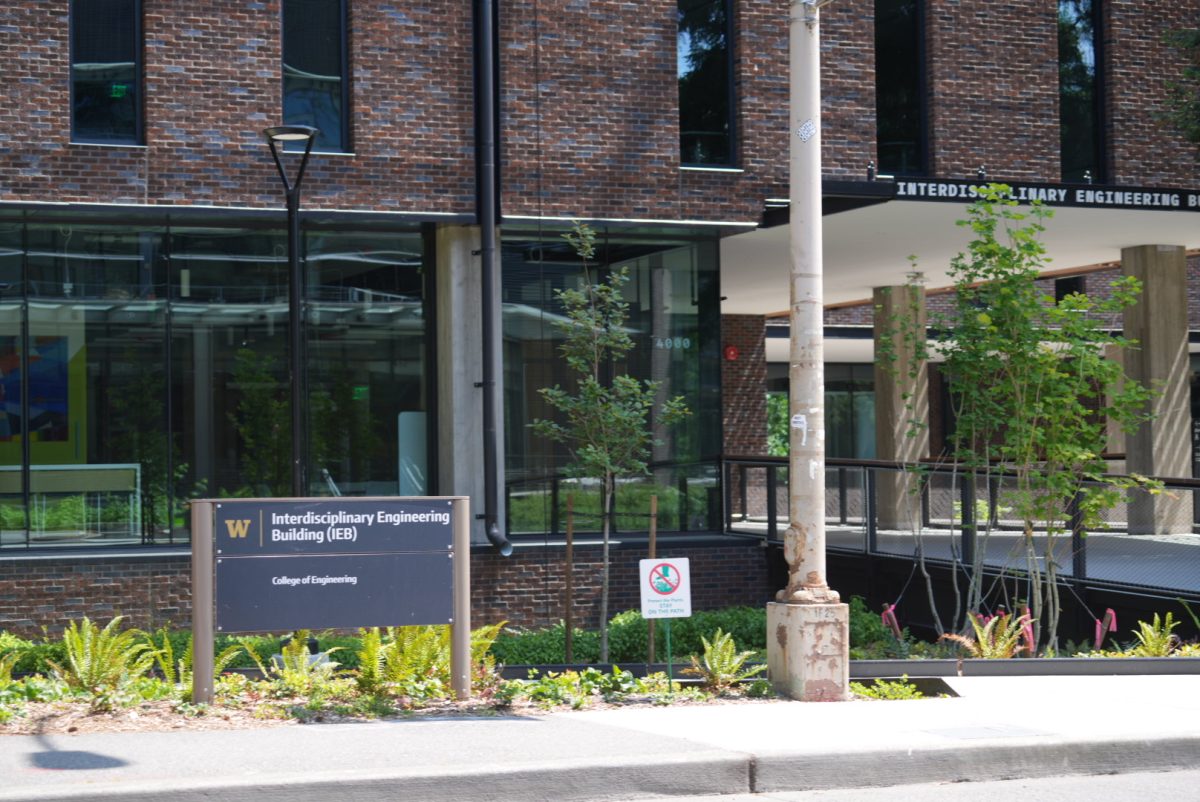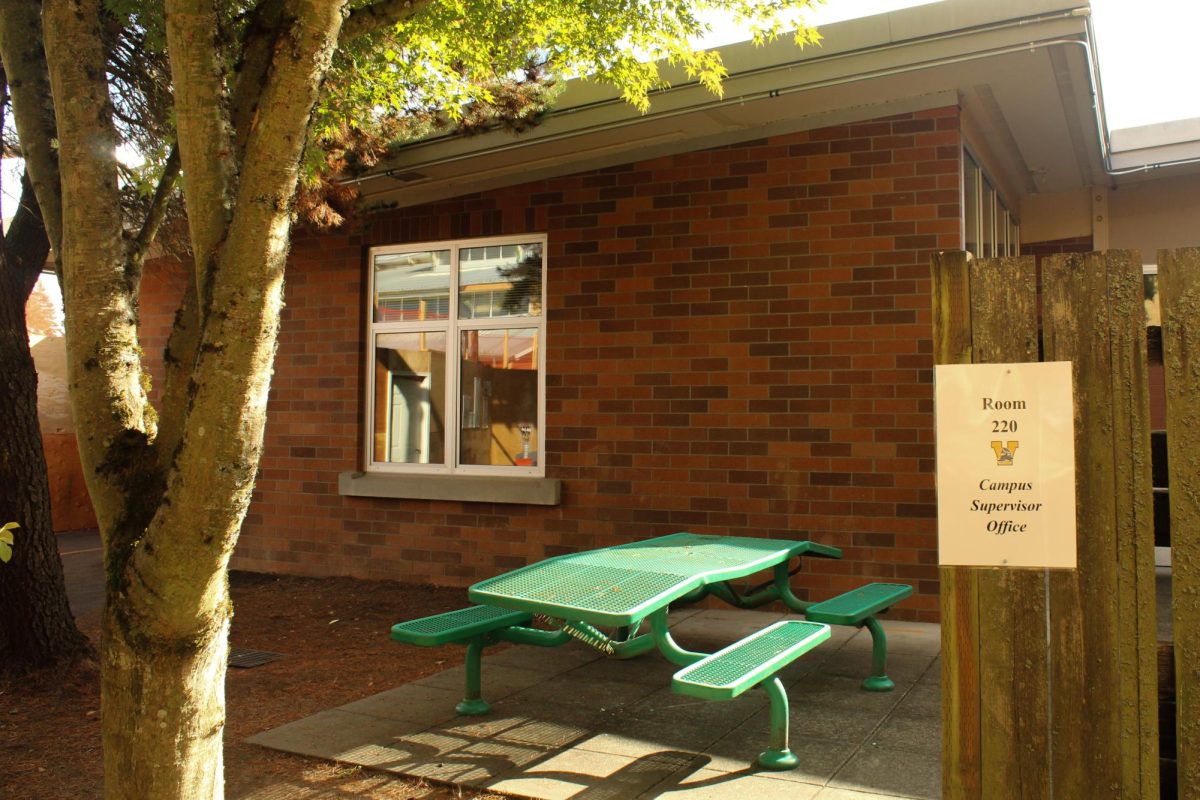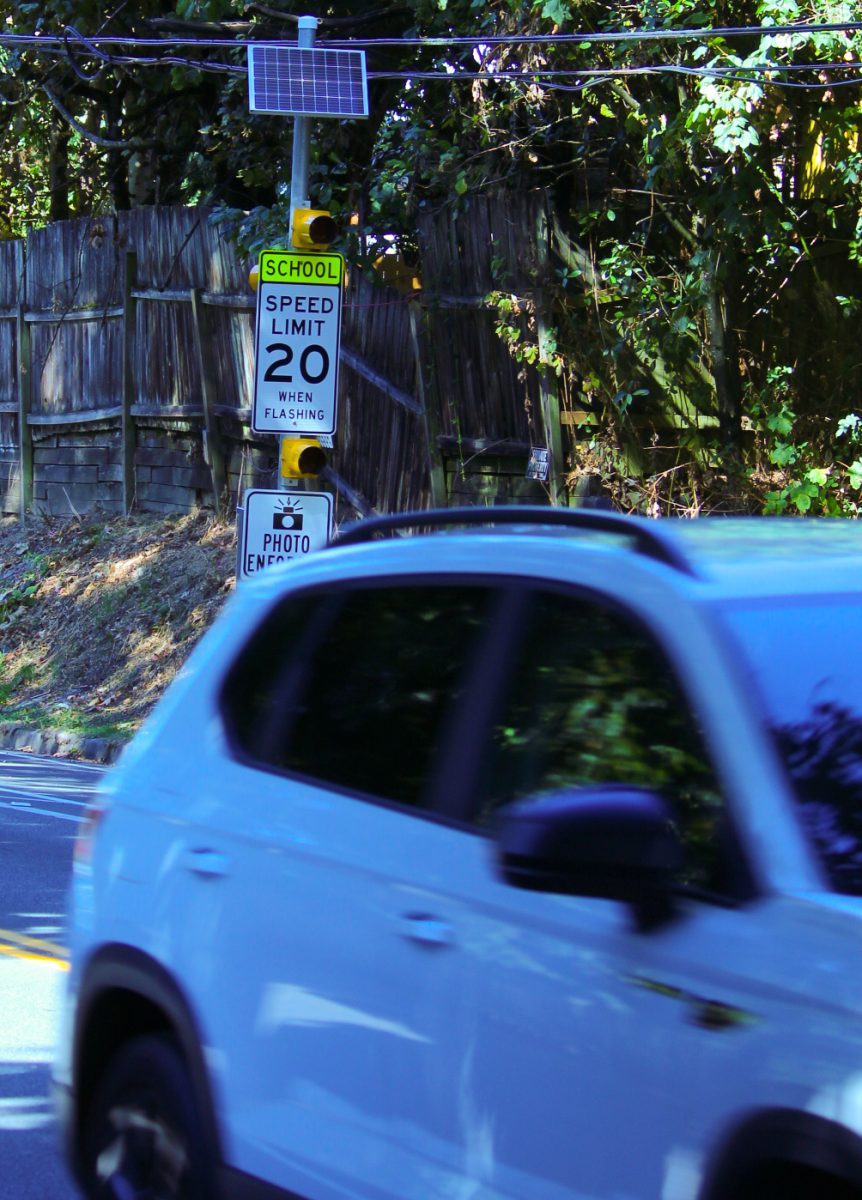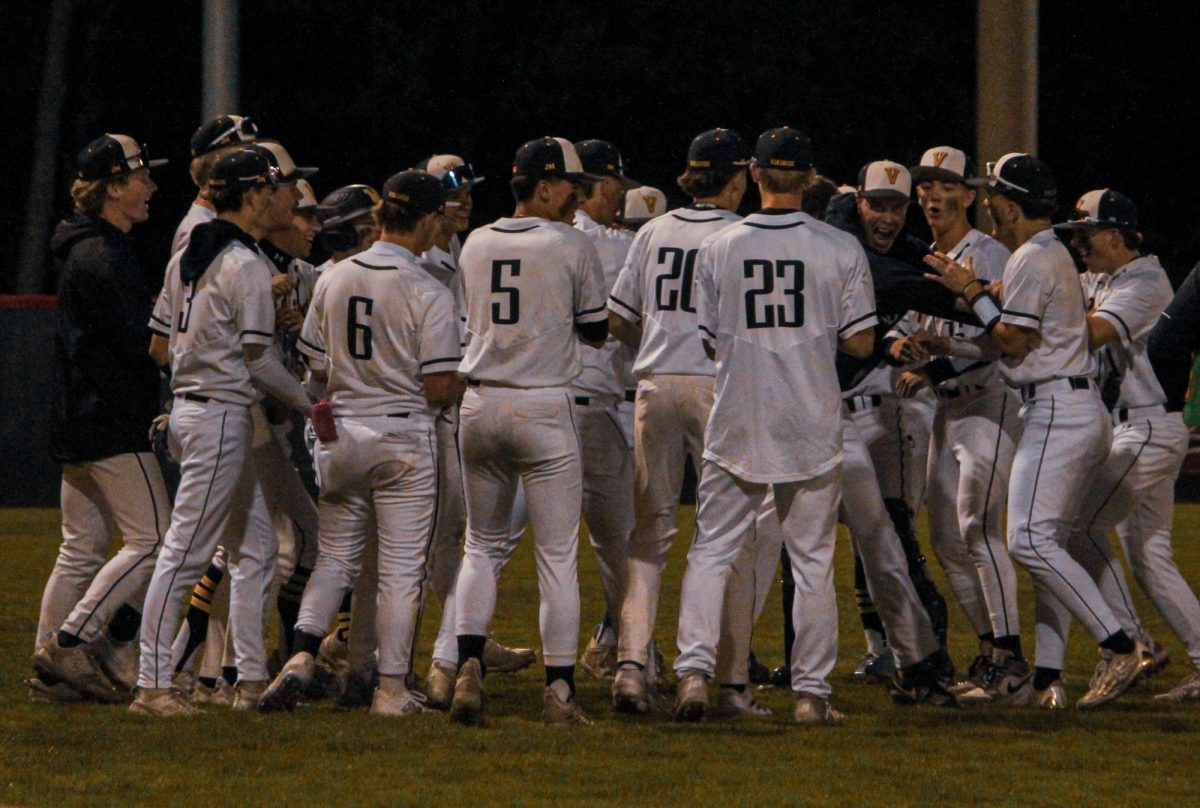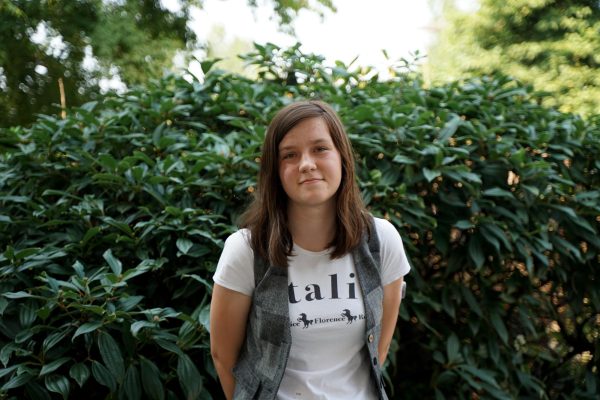Since the inauguration of President Donald Trump on Jan. 20, the Department of Education has opened over 100 investigations into school districts, colleges and universities for allegedly allowing, encouraging and engaging with purportedly unfair DEI policies and antisemitism. As a result, Trump has halted billions of dollars in federal funding, leveraging essential support funds to get academic institutions to follow his wishes.
Harvard, Columbia and other elite colleges have been heavily affected by the Trump administration’s decree. In response to Trump’s threat to cut $400 million in grants, Columbia agreed to overhaul its campus protest policies, security practices and Middle Eastern studies department. Harvard, however, has maintained its reistance, with the university president asserting that no government should dictate a private institution’s policies.
The Trump administration criticized Harvard’s large international student body as well as pro-Palestine protests on campus. On April 15, the administration announced plans to freeze $2.2 billion in grants to and $60 million in contracts with Harvard. On May 22, Trump also attempted to block the enrollment of international students to Harvard, but this order remains blocked by a federal judge. On May 27, the administration urged all federal agencies to cut $100 million in contracts to Harvard, which could sever its last ties to the government.
Similarly, Cornell University faces a $1 billion budget freeze, while Northwestern and Brown risk losing over $500 million in federal funding. National Institute of Health budget cuts have also forced universities to cut back in medical research and PhD programs. Responding to uncertainty about NIH funding, the University of Southern California and others temporarily paused graduate admissions in February 2025. The issue of federal freezes on university funding has also impacted Washington state. On May 5, the University of Washington campus group Students United for Palestine Equality and Return protested at UW’s Interdisciplinary Engineering Building, causing over $1 million in damage. In response, the federal Task Force to Combat Antisemitism announced a review of the events, expecting enforcement actions and policy changes from UW to ensure campus safety.
UW Director of Media Relations Dana Robinson Slote (she/her) said that as the full effects of the probe aren’t fully understood, the university is waiting to review changes in federal funding or policies.
“We will be responsive to requests from the Trump administration and assess political impacts on the UW on a case-by-case basis, but we do not intend to take any preemptive actions until or unless we receive further guidance,” Robinson Slote said.
Robinson Slote emphasized the university’s commitment to its long-standing relationship with the federal government. Dr. Joseph Wartman (he/him), director of the UW National Hazard and Disaster Reconaissance Facility, said that losing funding for the facility could have devastating consequences.
“We employ an extraordinary team of experts who are highly experienced in disaster reconaissance, and funding reductions could jeopardize these critical positions,” Wartman said. “Once lost, it would be extremely difficult to rebuild to our current capacity.”
Despite this, Wartman is hopeful that UW will be able to overcome funding challenges.
“Science has historically enjoyed strong bipartisan support, and I remain optimistic that this tradition will continue, though of course nothing is guaranteed in the current political climate.”



